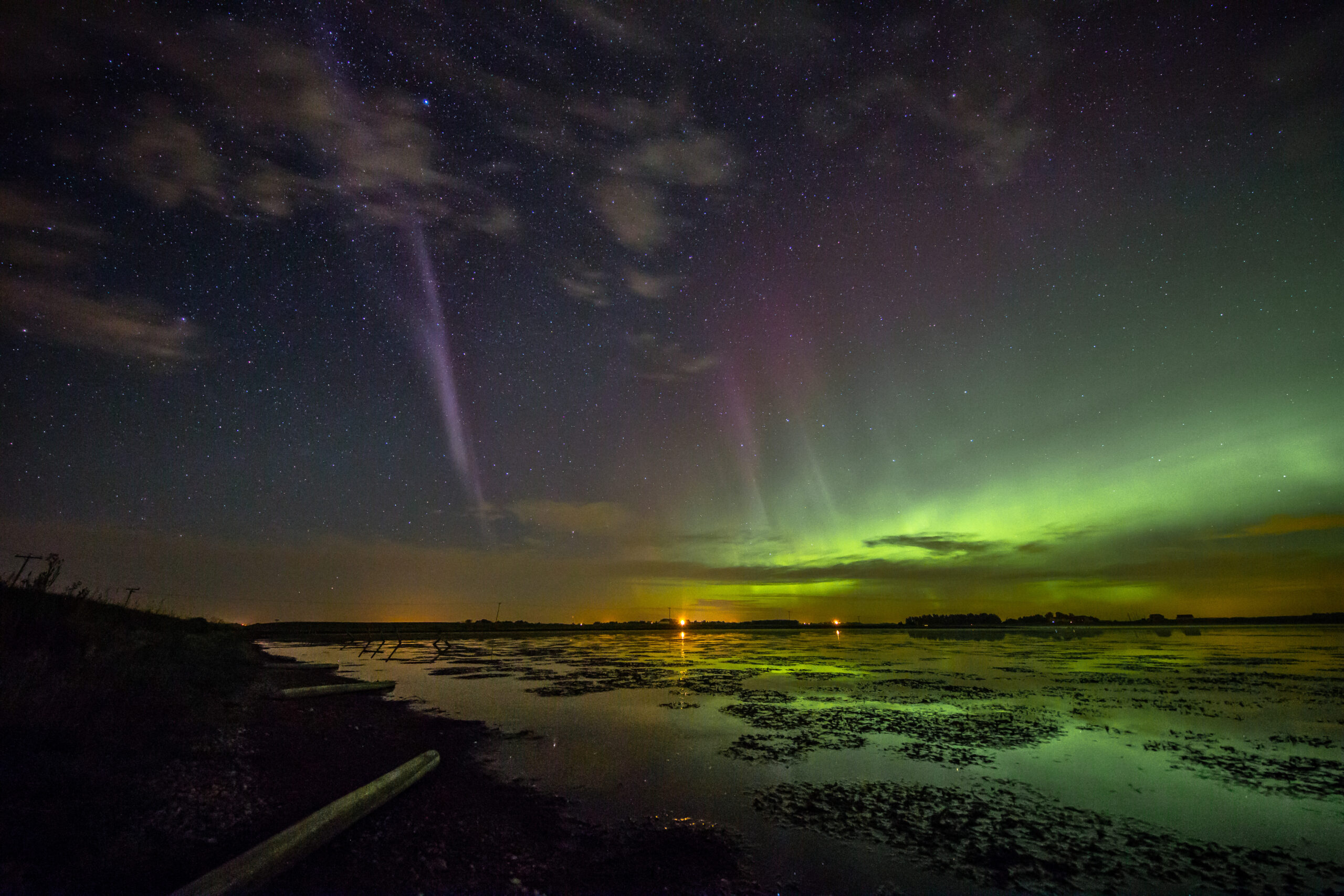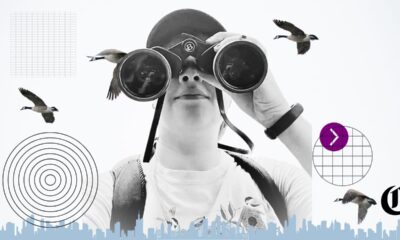Civic Science Observer
NASA to fund 25 new projects that have citizen science components

NASA has consistently provided strong support for research projects that incorporate citizen science, and this year is no exception. The space agency recently announced its selected projects for funding and anticipates “new results to look forward to in 2025 and beyond.”
NASA selected 25 citizen science proposals that will be given research grants, according to a Jan. 13 release from the agency. “Some of them will result in new opportunities for the public, [while] others will use results from earlier citizen science projects or develop new tools,” NASA said.
The grants are going to projects within three NASA citizen science programs. The first program, the Citizen Science Seed Funding Program (CSSFP), seeks to “expand the pool of scientists” who use citizen science techniques. NASA selected nine new investigations within this program, representing research in astrophysics, planetary science and heliophysics.
Six new projects will find support through NASA’s Heliophysics Citizen Science Investigations program, which focuses on medium-scale citizen science projects within the heliophysics division of NASA’s Science Mission Directorate.
Nine projects will find support through NASA’s Citizen Science for Earth Systems Program, which seeks to advance the understanding of Earth as a system. The selected projects were “required to demonstrate a clear link between citizen science and NASA observation systems to advance the agency’s Earth science mission,” NASA said.
One of the projects in the heliophysics division of the CSSFP program, “High-resolution Ionospheric Imaging using Dual-Frequency Smartphones” will use the funding to support the study of the upper atmosphere using cell phone signals, according to the project’s principal investigator, Joshua Semeter, Director for the Center for Space Physics at Boston University and Professor of Electrical and Computer Engineering. Semeter spoke to the Civic Science Times about the project.
“Our research uses the GPS signals, routinely acquired by your smartphone, as a means of studying earth’s ionosphere (the ionized outer layer of the atmosphere). The ionosphere is the link between the lower atmosphere that we experience and the space environment. It is an important atmospheric region due to its effects on satellite navigation, radio communications, and orbital dynamics,” Semeter said in an email.
“The participants in our project are not passive data providers. Rather, they are actively involved in configuring and deploying their phones according to specific instructions, and providing us with feedback on the quality of the data produced. In other words, we engage with our participants as true observational scientists!” he continued.
NASA noted that its citizen science community received accolades in 2024, including a prize from the White House, as well as two prizes from professional societies, the Division of Planetary Sciences and the American Astronomical Society. NASA also said it published two papers in the journal Nature that were related to citizen science projects.
“The use of GPS signals for ionospheric science has received increasing attention recently. Having NASA sponsorship of this concept adds a new level of cache and credibility to the concept,” Semeter said. “Our project is well aligned with NASA’s emerging space weather program. Our project provides an opportunity for a broad and diverse group of people to contribute.”
Descriptions of all 25 projects are available here.
Joanna Marsh is a freelance writer and journalist based in Washington, D.C. For The Civic Science Observer, she reports on new developments across the citizen science landscape, covering both new research and on-the-ground practice. Her work highlights how local communities are engaging with scientists to contribute to ongoing scientific research and lessons being learned by the involved stakeholders.

-
 Audio Studio1 month ago
Audio Studio1 month ago“Reading it opened up a whole new world.” Kim Steele on building her company ‘Documentaries Don’t Work’
-
Civic Science Observer1 week ago
‘Science policy’ Google searches spiked in 2025. What does that mean?
-
Civic Science Observer1 month ago
Our developing civic science photojournalism experiment: Photos from 2025
-
Civic Science Observer1 month ago
Together again: Day 1 of the 2025 ASTC conference in black and white
Contact
Menu
Designed with WordPress























